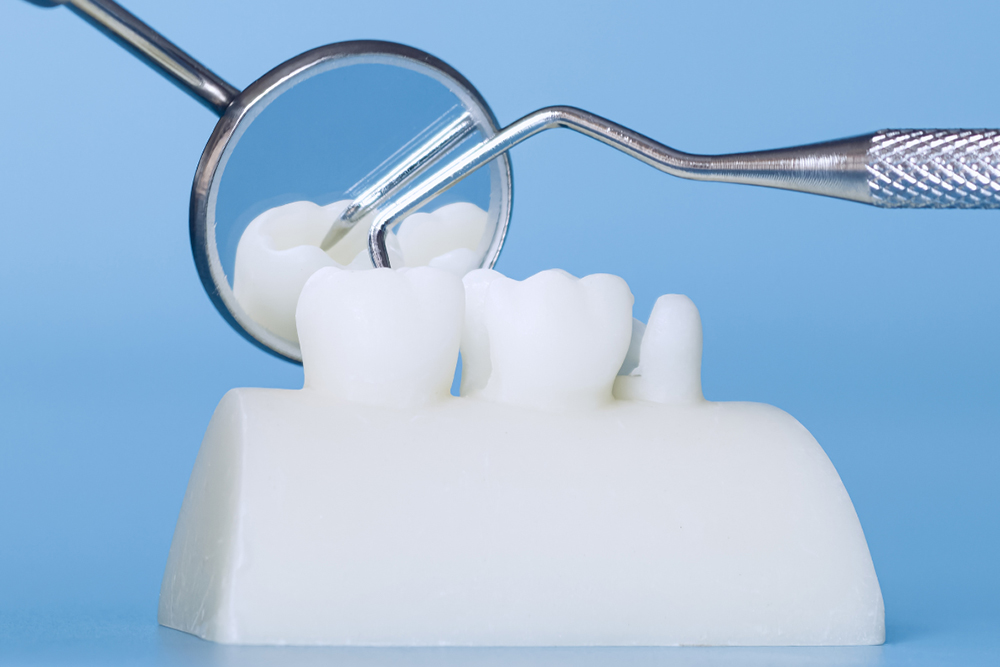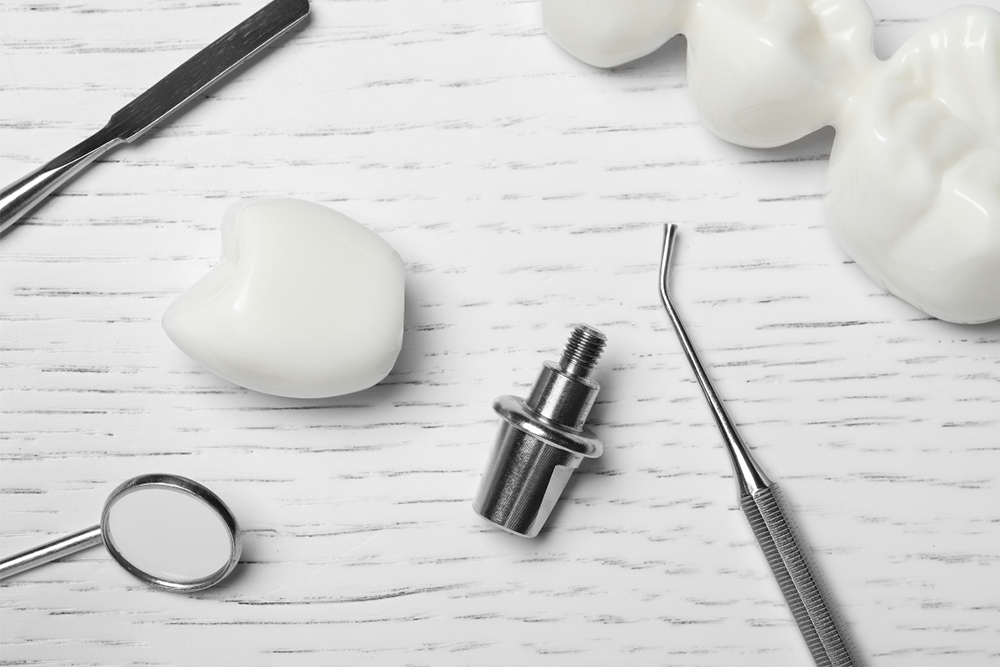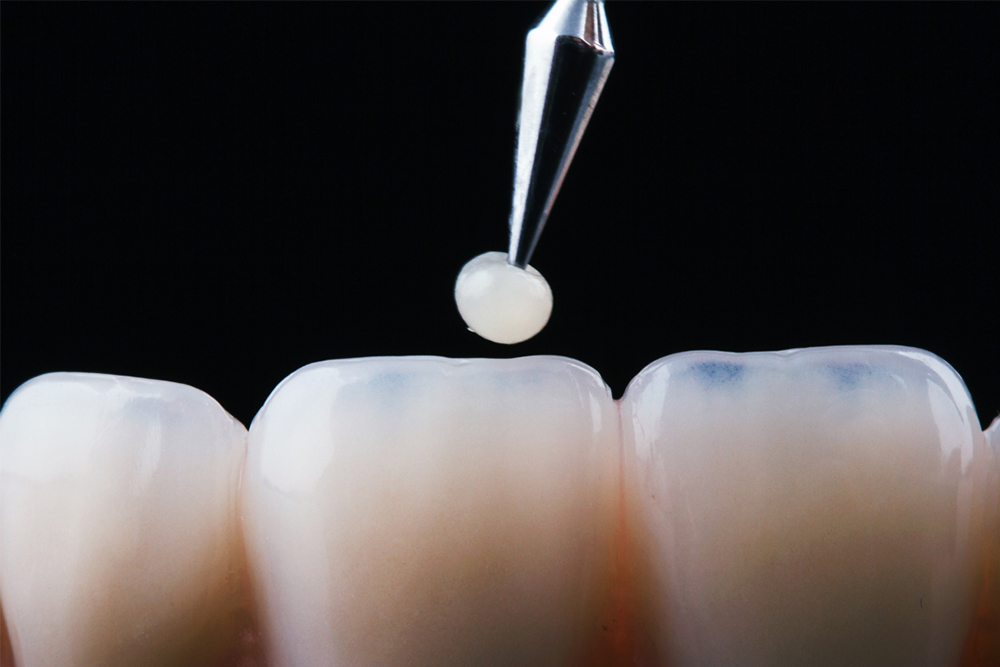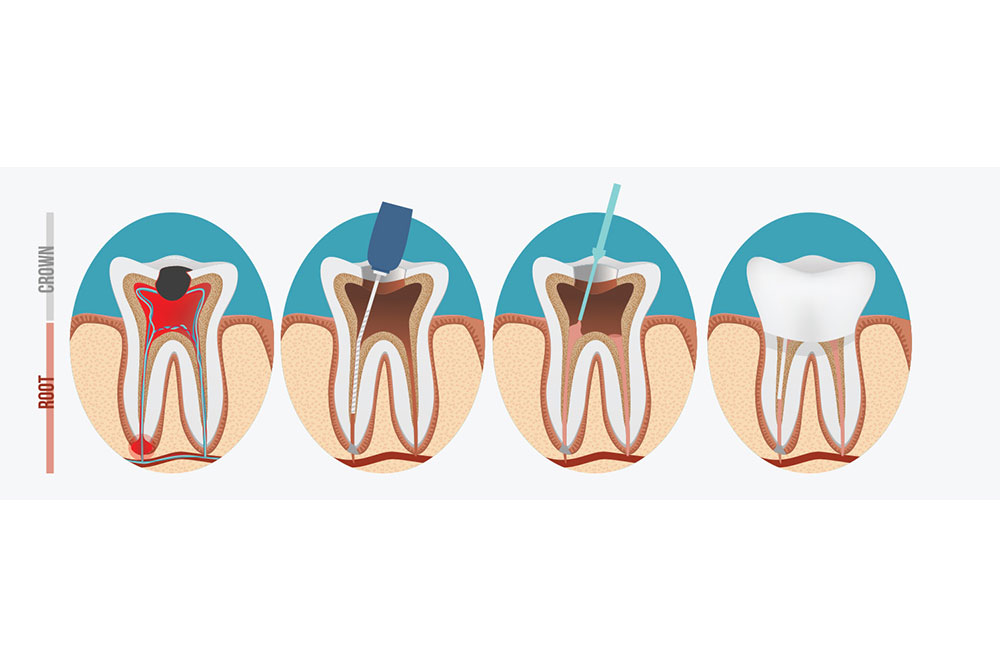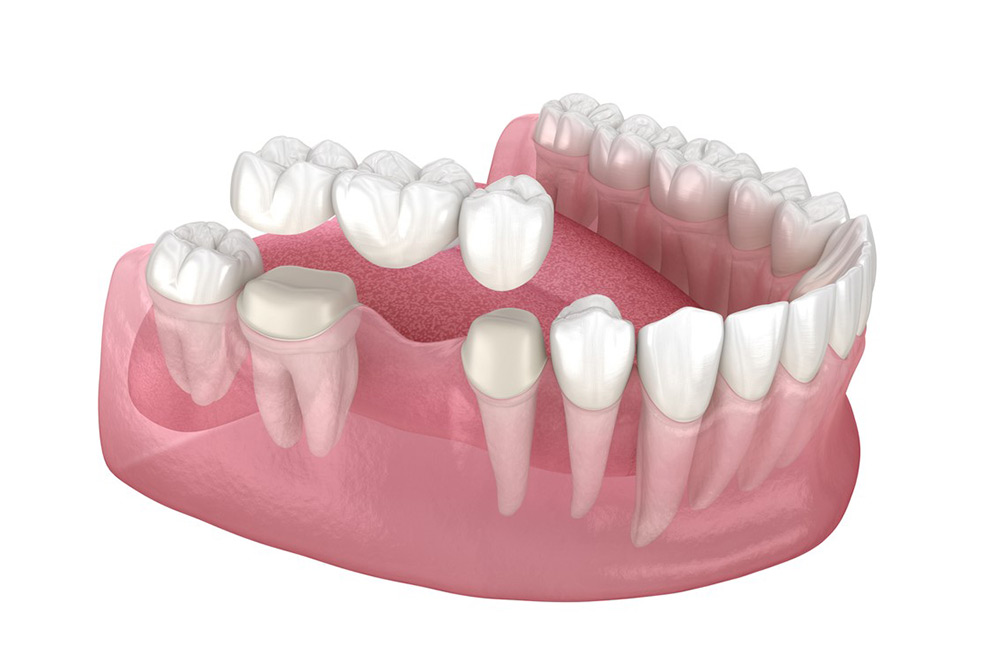Dental Information and Tips from St. Jacobs Dental Care
Tongue Tie Signs: What Parents Should Be Looking For
May 11, 2025 / DENTISTRY

As a family dentist in St. Jacobs, I've been getting more parents inquiring about tongue tie recently. This benign condition—officially referred to as ankyloglossia—is present in many children but is frequently undiagnosed for years. Early identification of tongue tie can greatly impact your child's growth. Read on for what you should be aware of, from babies to schoolchildren.
Understanding Tongue Tie Basics
Tongue tie happens when that little piece of string under the tongue (the lingual frenulum) is too short, tight, or thick. This stops your child from moving their tongue as well as they can. Some are obvious at birth, but others don't show up until there are difficulties with eating or speaking.
The severity varies greatly. A few children have very little restriction with few difficulties, and then there are others with severe limitations affecting multiple aspects of their growth. Knowing the signs can help you decide if your child needs to be tested.
Tongue Tie in Babies: Early Warning Signs
Early signs regarding tongue tie usually appear while feeding. These are a few things you might notice:
- Breastfeeding Issues If you are breastfeeding, your baby can have difficulty latching on. This can hurt you and frustrate your baby. The majority of mothers have reported hearing clicking sounds while feeding or watching their baby break the latch all the time. One of the mothers in my practice said to us: "I thought that breastfeeding would be painful until our dentist diagnosed the tongue tie in my daughter. After treatment, feeding was comfortable for the first time."
- Bottle Feeding Difficulty Even formula-fed babies can experience tongue tie difficulty. They might take an eternity to finish a feeding, look even more gassy than normal, or ooze milk from the corners of their mouths.
- Weight Gain Issues When feeding is difficult, some infants with tongue tie don't get as much nourishment. This can manifest as slower weight gain or, in more serious instances, as failure to thrive.
- Excessive Drooling All babies drool, but infants with tongue tie will generally have more saliva than usual because they don't get along with it in the mouth.
- Fussiness Following Feeding The frustration of difficult feeding and swallowing extra air could make tongue-tied babies particularly irritable, especially after mealtime.
If these symptoms sound familiar, consider discussing them with your family doctor or our team at St. Jacobs Dental Care.
Tongue Tie Symptoms in Toddlers
As children become older, tongue tie expresses itself differently. In toddlers, look out for:
- Speech Development Problems This is typically when tongue tie becomes visible. Your child might struggle to make certain sounds, especially the ones that involve tongue elevation like "l," "r," "t," "d," "n," "th," and "s." Their speech can be less clear than those of other kids their age.
- Mealtime Struggles Toddlers with tongue tie are messy eaters (even for toddlers!). They might get upset with certain textures or reject foods that need much chewing. Some gag frequently or pocket food in their cheeks as they can't manage it properly.
- How Their Tongue Looks and Moves When your child sticks out their tongue, is it heart-shaped or notched at the tip? Are they able to reach their tongue to the roof of their mouth? Most children with tongue tie can't stick out their tongue past their lips or move it from side to side easily.
I remember one 3-year-old patient who couldn't lick an ice cream cone—a prosaic finding that brought his parents in for an evaluation.
- Dental Issues Children with tongue tie may have trouble getting food out of their teeth, leading to more cavities, particularly on the lower front teeth.
Signs of Tongue Tie in School-Age Children
Some tongue ties don't get noticed until children are school age. Here's what might become apparent:
- Ongoing Speech Therapy If your child is receiving speech therapy but making little progress with specific sounds, an undiagnosed tongue tie might be the culprit.
- Oral Health Problems Difficulty with growth in school-age children with tongue tie may cause gaps between the front teeth, crowding, or an open bite (when the front teeth do not touch when biting). The restricted movement of the tongue can affect the development of the teeth and jaws.
- Sleeping and Breathing Difficulties Children who have tongue tie breathe more from the mouth than the nose. This could lead to dry mouth, further dental complications, and possibly sleep disturbances or snoring.
- Social Self-Esteem Problems Some children are ashamed to eat or speak, and this might encourage them to refrain from participating in class or social activities.
I overheard one parent say: "My 8-year-old started not reading out loud at school. After we fixed her tongue tie, her confidence completely turned around."
- Muscle Tension As a reaction to limited movement of the tongue, some children stiffen neck, jaw, or shoulder muscles, resulting in headache or poor posture.
When to Seek Professional Tongue Tie Evaluation
If you've noticed a few of these signs, it's a good idea to talk to a medical professional. At St. Jacobs Dental Care, we recommend an evaluation if:
- Your baby is having difficulty feeding even with lactation consultants' assistance
- Your toddler's speech is significantly less clear than other kids'
- Your child is frustrated or avoiding specific foods
- You notice dental development problems or frequent cavities
- Your child's tongue has clear restrictions or an unusual shape
Tongue Tie Diagnosis and Treatment Options
Diagnosing tongue tie involves observing your child's oral anatomy and movement. We do not observe simply the appearance of the tongue but the way the tongue moves as it does during various movements.
In case we detect a bad tongue tie, treatment will comprise:
- Frenotomy or Frenectomy - This is an easy procedure that cuts the limiting tissue. In infants, it can usually be performed with no pain, and older kids may require freezing in the area as needed for comfort. The procedure takes only a few minutes with hardly any pain.
- Stretches and Exercises - Once released, certain exercises ensure that the tongue cannot reattach and assists in maintaining correct tongue movement. These are important for ensuring optimal outcome.
- Supportive Care - Based on your child's age and severity, we can recommend visiting other professionals like speech therapists or lactation consultants to help retrain normal oral function.
The Benefits of Treating Tongue Tie
When tongue tie is properly diagnosed and treated, families experience tremendous improvements in:
- Feeding ease and efficiency
- Speech clarity and confidence
- Oral hygiene and dental health
- Sleep quality
- Overall comfort and quality of life
While earlier treatment generally has more favorable results, even older children can be significantly benefited by proper treatment.
Want to Learn More About Tongue Tie?
If you've observed several signs of tongue tie in your child, I welcome you to schedule an assessment with our team. We are a cautious, gentle team that assesses tongue function and can help decide whether treatment would be beneficial for your child.
To book an appointment, please call us at 519-664-2434 or email info@stjacobsdentalcare.ca. We are located at 10 Parkside Dr in St. Jacobs, and we have appointments available Monday through Friday.
Remember, identifying and addressing tongue tie early on can make a big difference in your child's development, comfort, and confidence. We're here for your family with compassionate, skilled care every step of the way.
Archive

